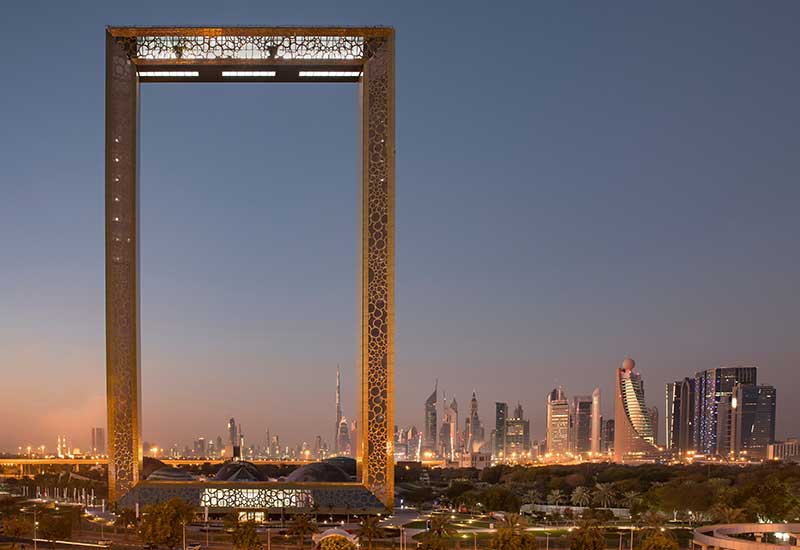With its strategic location, Acimovic believes Dubai is a “hub for all kinds of travellers” be it work, leisure, affinity or just a stop-over. “Moreover, Emirates and other carriers have expanded their network over new territories, so this would bring in additional travellers,” he adds.
Citymax Hotels COO Russel Sharpe, who spoke during the GIOHIS summit this year, said that after Expo 2020, hoteliers will have opportunities for development but have to be “creative” to drive the demand.
Sharpe believes there will be upcoming opportunities for midscale hotels and referred to Citymax, which he stated has been a success in the competitive three-star market since its launch in 2010. It entered with two Dubai properties at a time when there was a gap in the market for mid-range hotels, a statement said.
Adding to Sharpe’s comment, Hilal says Dubai, driven by the expanding supply, expects to see short-term rentals to gain momentum in the market. “Short-term rentals are expected to expand rapidly over the next five years. However, due to the relatively small difference in price compared to the hotel rooms, the short-term rentals will complement the overall lodging market growth rather than directly competing with hotels,” Hilal explains.
Purcell’s outlook towards post Expo 2020 is realistic. “There is no doubt that 2020 is a wonderful platform to further project Dubai as one of the most sought-after tourist destinations. We will need to however continually re-invent ourselves to remain innovative and exciting,” Purcell notes.
What to Expect
As Dubai keeps growing as a burgeoning tourism hub with the government aggressively pushing for a boost in tourism, Hewett points out hotels will notice a decline in revenue, “So while visitors will continue to pour into Dubai, the RevPAR might continue to see decline — about 6-7% — in the next 12 months,” Hewett adds.
The mid-market sector, as Sharpe and Purcell mentioned earlier, will grow, Hewett says, and while it’s about 10% of the new supply, it will drive demand. But Purcell contends that 2018 will remain a challenging year. He expects a marginal increase in the performance.
Harnisch predicts one of the key shifts will be the incoming millennial tourists who will influence many factors in the hospitality landscape. “One of the key shifts will be the increased number of millennial travellers — the new generation of entrepreneurs. The upcoming years will also see the evolution of new ‘feeder markets’ — especially from Asia and Africa, while the traditional source markets such as India, UK, Saudi Arabia, China and Russia will continue to gain traction,” he adds.
Dubai is also developing its leisure segment with the opening of key attractions such as Dubai Frame, the city’s newest impressive and imposing architectural landmark which opened earlier this year after New Year; La Mer, Dubai’s newest beach hotspot with numbers activities and F&B outlets and the emirate’s recently-launched desert conservation reserve, Al Marmoom Desert, which offers experiences such as dune cycling, star gazing and other experiential and cultural tours. Tourists are streaming into the emirate as it grows into a must-see glamour pit-stop in the GCC.
But just as in any industry, Dubai’s hospitality is taking a digital turn too when it comes to evolving towards a long-term sustainable model. Purcell says HMH is looking to artificial intelligence for a better user experience.

| Advertisement |









 Search our database of more than 2,700 industry companies
Search our database of more than 2,700 industry companies









